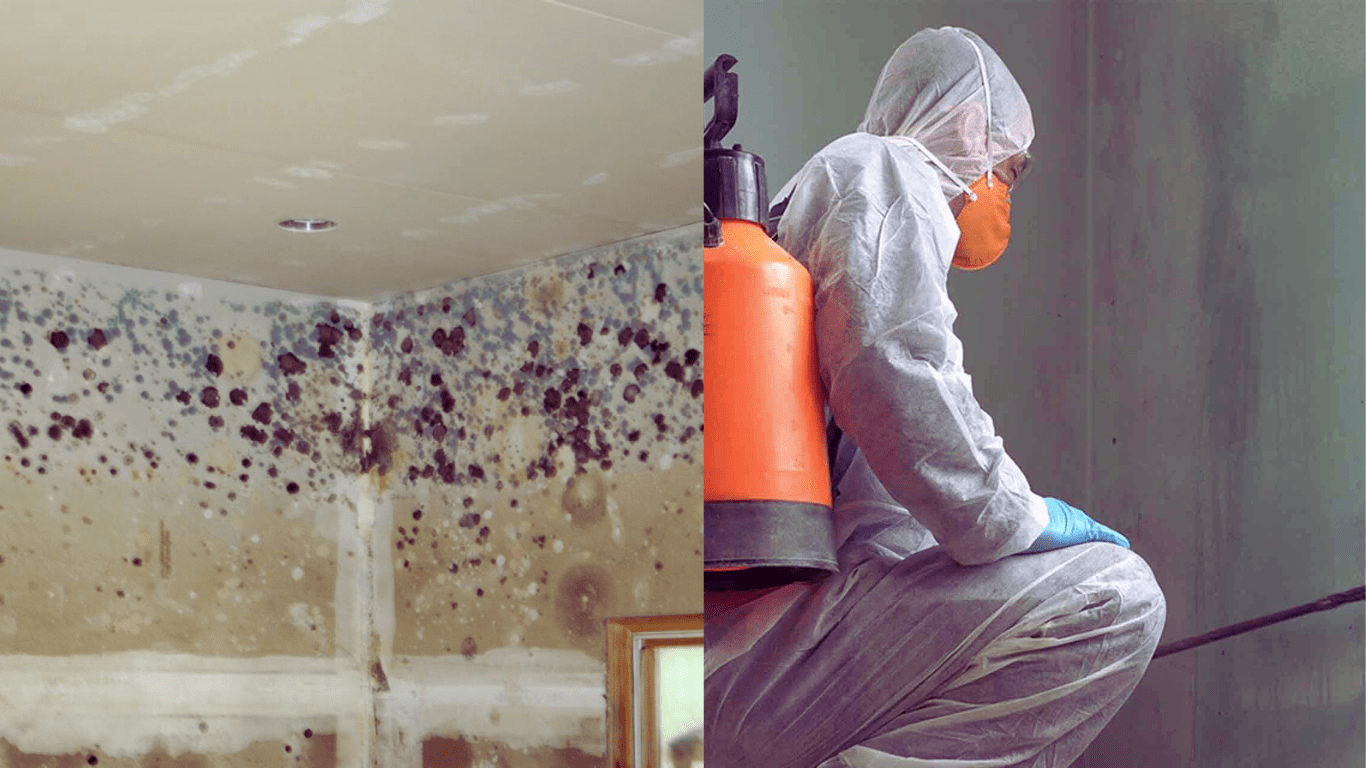Introduction
Welcome to the ultimate guide on how to pronounce pneumonoultramicroscopicsilicovolcanoconiosis! Have you ever come across a word so long and intimidating that you weren’t sure how to pronounce it? Fear not! In this article, we will demystify the pronunciation of pneumonoultramicroscopicsilicovolcanoconiosis, guiding you step by step. So, let’s embark on this linguistic adventure together!
Understanding the Complexities
Pneumonoultramicroscopicsilicovolcanoconiosis Explained:
Pneumonoultramicroscopicsilicovolcanoconiosis, often dubbed as the longest word in the English language, refers to a lung disease caused by the inhalation of very fine silica dust. Now, let’s break down this tongue twister into manageable parts.
Breaking It Down

Pneumono- (Pronounced: new-muh-noh-)
This prefix relates to the lungs, indicating that the disease affects the respiratory system.
Ultra- (Pronounced: uhl-truh-)
This prefix signifies something beyond the norm, emphasizing the microscopic nature of the particles causing the disease.
Microscopic- (Pronounced: my-kruh-skop-ik)
Highlighting the incredibly small size of the silica particles, this part of the word underscores the disease’s cause.
Silico- (Pronounced: sil-i-koh-)
This prefix specifically points to silicon, indicating the material of the particles that cause the disease.
Volcano- (Pronounced: vol-kay-noh-)
This part of the word signifies the origin of the fine silica dust, often associated with volcanic activity.
Coniosis- (Pronounced: koh-nee-oh-sis)
This suffix denotes any dust-related lung disease.
Mastering the Pronunciation
Now that we’ve dissected the word, let’s put it all together:
Pronunciation: new-muh-noh-uhl-truh-my-kro-skop-ik-sil-i-koh-vol-kay-noh-koh-nee-oh-sis
Practice this pronunciation slowly, focusing on each syllable. With dedication and practice, you’ll confidently pronounce pneumonoultramicroscopicsilicovolcanoconiosis like a pro!
Conclusion
In conclusion, mastering the pronunciation of pneumonoultramicroscopicsilicovolcanoconiosis might seem daunting, but with persistence and practice, you can conquer this linguistic challenge. Remember, understanding the word’s origins and breaking it down into smaller components can significantly aid in pronunciation. Stay curious, keep practicing, and soon you’ll impress others with your flawless pronunciation of pneumonoultramicroscopicsilicovolcanoconiosis!
Read also: How to Pronounce Niche: Mastering the Art of Articulation
Frequently Asked Questions (FAQs)
Q: What is pneumonoultramicroscopicsilicovolcanoconiosis?
Pneumonoultramicroscopicsilicovolcanoconiosis is a lung disease caused by inhaling very fine silica dust, often found in environments with sand, quartz, or granite particles.
Q: Is pneumonoultramicroscopicsilicovolcanoconiosis common?
No, pneumonoultramicroscopicsilicovolcanoconiosis is rare and typically affects individuals exposed to significant amounts of silica dust over extended periods, such as miners or certain industrial workers.
Q: Can pneumonoultramicroscopicsilicovolcanoconiosis be treated?
While there is no cure for pneumonoultramicroscopicsilicovolcanoconiosis, treatments focus on managing symptoms and preventing complications. Consult a healthcare professional for personalized guidance.
Q: What are the symptoms of pneumonoultramicroscopicsilicovolcanoconiosis?
Symptoms include cough, shortness of breath, chest pain, and in advanced cases, respiratory failure. It’s crucial to seek medical attention if you experience these symptoms, especially if you’ve been exposed to silica dust.
Q: How can pneumonoultramicroscopicsilicovolcanoconiosis be prevented?
Preventive measures include wearing appropriate protective equipment, using proper ventilation systems, and following workplace safety regulations. Regular medical check-ups are essential for early detection and intervention.
Q: Are there any complications associated with pneumonoultramicroscopicsilicovolcanoconiosis?
Yes, complications may arise, such as chronic respiratory failure or increased susceptibility to respiratory infections. Timely medical care and adherence to prescribed treatments can mitigate these risks.





You are absolutely right. In it something is also to me this idea is pleasant, I completely with you agree.
Thanks
Howdy! I just wish to offer you a huge thumbs up
for your excellent information you’ve got right here on this
post. I will be coming back to your blog for more soon.
Welcome
Everything is very open with a very clear explanation of the challenges.
It was really informative. Your site is useful. Thank you for sharing!
Welcome
What’s up to every body, it’s my first pay a visit of this weblog; this blog carries remarkable
and in fact excellent stuff designed for visitors.
Thanks
You really make it seem so easy with your presentation but
I find this topic to be really something
that I think I would never understand. It seems too complicated and very broad for me.
I am looking forward for your next post, I’ll try to get the hang of it!
ok
certainly like your web site but you have to take a look at the spelling on quite a few of your posts.
Several of them are rife with spelling problems and I to find it very bothersome to inform the reality on the other hand
I’ll certainly come back again.
ok
Hello superb website! Does running a blog such as this require a great
deal of work? I have virtually no knowledge of coding but I had been hoping to start my own blog in the near
future. Anyhow, should you have any suggestions
or techniques for new blog owners please share. I know this is
off topic however I simply wanted to ask. Thanks a lot!
ya, learning skills and achieve your dream
When someone writes an piece of writing he/she retains the image of a user in his/her brain that how a user can know it.
Therefore that’s why this article is great. Thanks!
Welcome
Hurrah, that’s what I was exploring for, what a information! existing here at this blog, thanks admin of this web page.
Welcome
Nice post. I was checking continuously this blog and I am impressed!
Extremely helpful information specifically the last part :
) I care for such information much. I was looking
for this particular info for a very long time.
Thank you and good luck.
This is a topic that is near to my heart… Cheers! Where are your
contact details though?